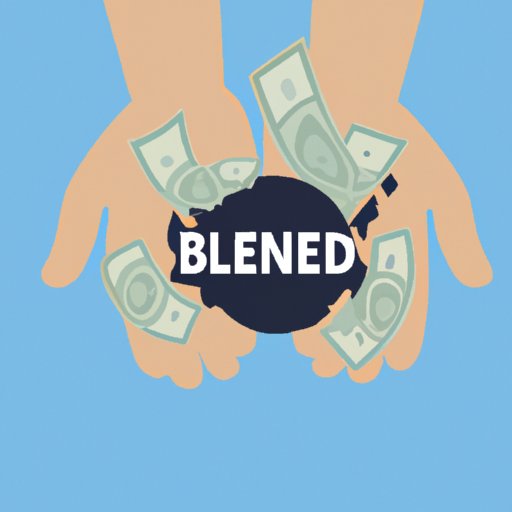Introduction
Being financially broke can be a scary and overwhelming situation. But there are steps you can take to put yourself back on track. From developing a budget and tracking your spending, to looking for ways to earn extra money and utilizing government assistance programs, there are strategies that can help you get back on your feet.
Develop a Budget and Track Your Spending
The first step to getting out of financial trouble is to create a budget and track your spending. Start by identifying all sources of income, including wages, investments, and government benefits. Then, calculate your monthly expenses, such as rent, food, utilities, and transportation. Once you have an accurate picture of your finances, create a budget that allows you to allocate funds towards both necessary and discretionary expenses. Finally, track your spending regularly to ensure that you are staying within your budget.
Cut Unnecessary Expenses
Once you have created a budget, it’s time to look at areas where you can cut back. Make a list of non-essential expenses that you can reduce or eliminate altogether. This might include activities like eating out, shopping, and entertainment. Look for ways to reduce those expenses, such as taking advantage of coupons or opting for less expensive alternatives.

Look for Ways to Earn Extra Money
Finding additional sources of income can also help you get back on track. Consider part time job opportunities, such as working in retail or hospitality. You may also want to look into freelance opportunities, such as writing or web design. If you’re not sure where to start, take on odd jobs like pet sitting or yard work. You can also utilize online platforms like Uber or Airbnb to make some extra cash.
Utilize Government Assistance Programs
If you’re struggling to make ends meet, you may be eligible for government assistance programs. Research available programs in your area and determine their eligibility requirements. Depending on your situation, you may be able to receive financial aid, health insurance, housing assistance, or other forms of support. Take the time to apply for assistance if you think it could benefit you.
Prioritize Debt Repayment
If you’re dealing with debt, it’s important to prioritize repayment. Create a list of all your debts and rank them in order of importance. Then, focus on paying off the highest priority debts first. If you’re having difficulty making payments, you may be able to negotiate lower interest rates or longer payment terms. You may also want to consider debt consolidation if you have multiple loans or credit card balances.
Conclusion
Feeling financially broke doesn’t have to be a permanent situation. By following the steps outlined above, you can develop a budget, cut unnecessary expenses, and prioritize debt repayment. With hard work and dedication, you can get back on your feet and gain control of your finances.
(Note: Is this article not meeting your expectations? Do you have knowledge or insights to share? Unlock new opportunities and expand your reach by joining our authors team. Click Registration to join us and share your expertise with our readers.)
